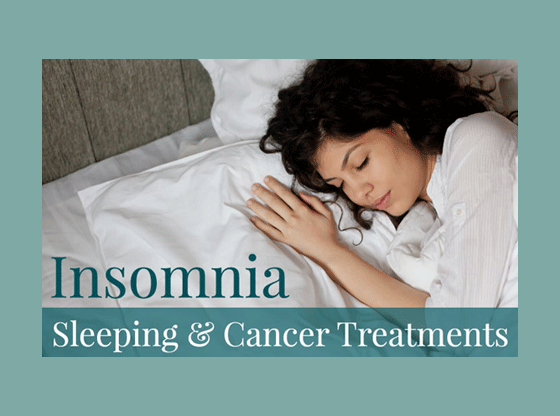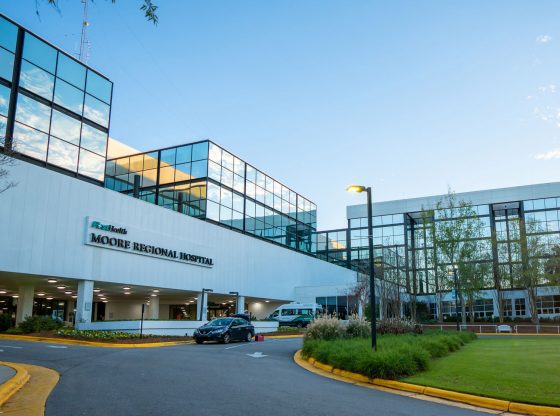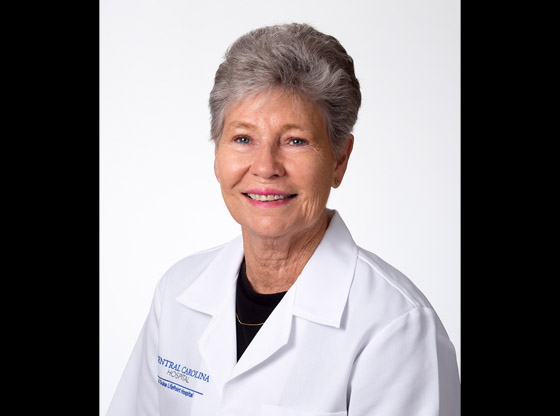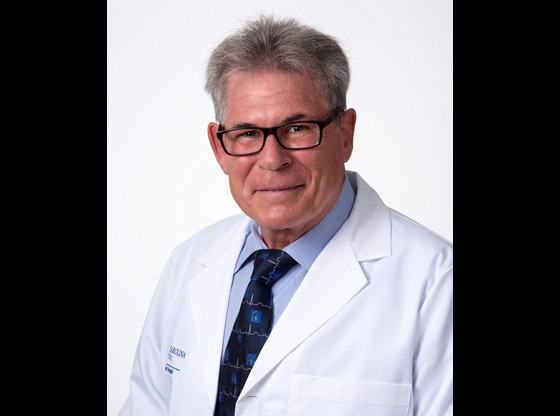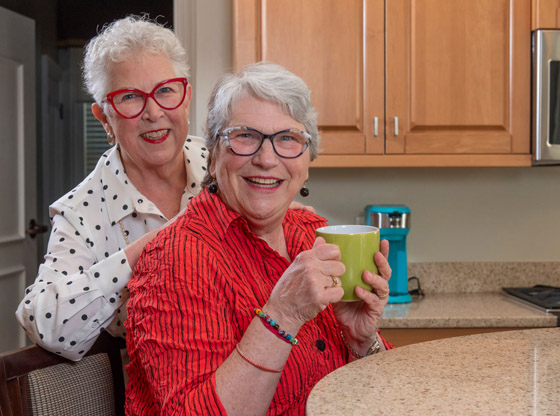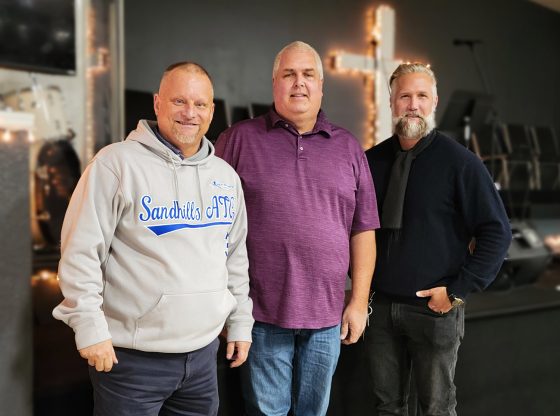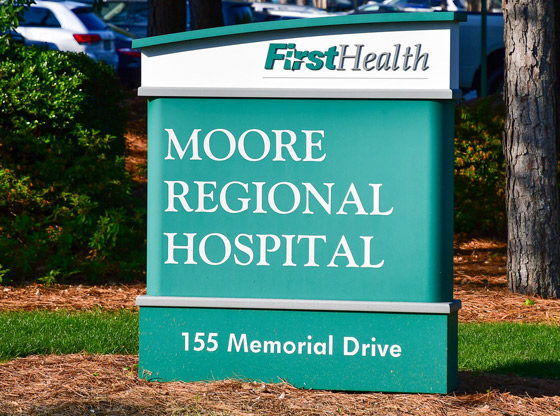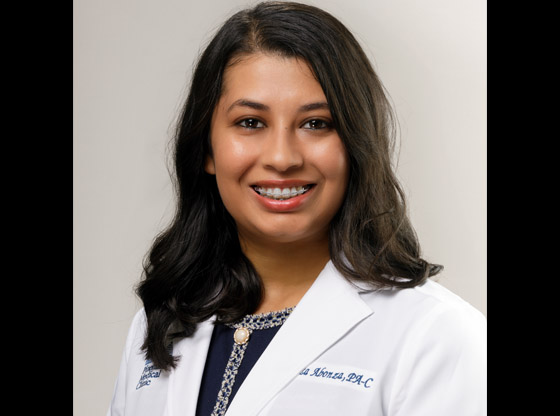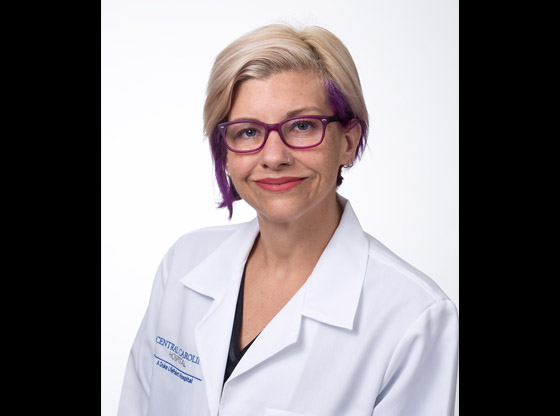Certain medications, anxiety and “fear of the unknown” are known to contribute to the insomnia that cancer patients experience.
Less known are ways of dealing with this cancer-related sleeplessness.
Participants in a FirstHealth Clinical Trials program involving non-medication therapies for cancer-related insomnia reported they had gained useful information from a study that began last summer. In light of that success, FirstHealth will participate in a second study designed to further investigate the effectiveness of these non-medication alternatives.
“Many patients continue to complain of difficulty sleeping long after treatment is over,” says Ellen Willard, M.D., a medical oncologist and hematologist and medical director of the FirstHealth Outpatient Cancer Center. “We know that sleeping medication is not a good long-term solution, so we are excited that patients have the opportunity to participate in study of these types of interventions.”
As part of a national study approved by the Research Subjects Review Board (RSRB) at New York’s University of Rochester, participants in the FirstHealth study will be randomly assigned to one of three different non-medication study “arms”: yoga, survivorship health education and Cognitive Behavioral Therapy (counseling). Among other criteria, participants must have moderate to severe sleep problems and have completed cancer treatment within the last two to 60 months. They must also be at least 18 years of age.
About 630 cancer patients from across the U.S. will take part in the study with a maximum of 30 (10 in each arm) coming from FirstHealth. One group will participate in yoga (Gentle Hatha and Restorative) twice a week for four weeks, the second will attend health education sessions two times a week for four weeks, and the third group will attend a counseling session once a week for eight weeks.
According to Lori Despain, R.N., of FirstHealth Clinical Trials, it will take about nine months to complete all of the assessments involved in the study.
”This will be a totally randomized trial,” she says. “We don’t choose which arm the patient participates in. That’s completely done by the research base, which is true of all of our trials.”
More than 500 patients are now actively involved in or are being followed in FirstHealth clinical trial studies. Twenty-eight studies are currently open and enrolling, and about the same number are ongoing but are no longer accepting patients.
Most are related to cancer.
Participating specialties include gynecologic oncology, medical oncology radiation oncology, gynecology, cardiology, pulmonology and urogynecology.
If you are interested in participating in the cancer and insomnia study being conducted by FirstHealth Clinical Trials, or if you have questions about the study, contact the FirstHealth research team at (910) 715-2200.


